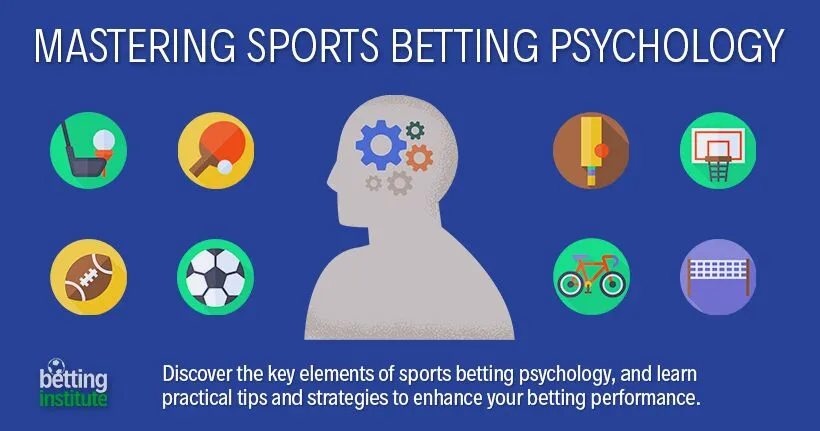Gambling is more than just a game of chance. The psychology of the participants, gamblers, significantly impacts the intricate workings of the mind behind the bet. Every bettor should understand the underlying psychological principles at play to grasp insights into the motivations and challenges they may face.
Read on as we explore the realm of gambling psychology. We will shed light on the psychological factors that shape decisions, emotions, and behaviors when you engage in gambling.
The Bettor’s Mindset
What psychological state and motivations drive an individual to engage in gambling activities? Understanding what drives people to gamble and how their thinking influences their behavior is essential. Gambling usually has negative implications for the general public, but here are the psychological drivers that can help you understand the mindset of the gambler:
Glamor of Gambling
Unique features with significant influence on decision-making contribute to the gambler’s glamor. The gambler believes in superstitions and luck of turning loose around through perseverance. Some of these factors that contribute to a gambler’s glamor include:
- The possibility of winning big (jackpot),
- The unpredictability of outcomes,
- The anticipation and excitement of gaming, and
- The social environment of the gambling venue.
Decision Making
Decision-making can be greatly influenced by the gambler’s mindset shaping the confidence in one’s abilities to set limits and walk away. Therefore, this can lead to individuals making irrational choices, like ignoring probabilities, chasing losses, or succumbing to cognitive biases like the gambler’s fallacy.
The Motivations Behind Gambling
Several motivations differ among individuals and fuel a gambler’s mindset when betting. These are the desire for financial gain, the possibility of fun, thrill-seeking, social interaction, escapism, and the pursuit of a challenge.
Cognitive Biases in Gambling
Cognitive biases play a significant role in shaping your beliefs, perceptions, and behaviors. Therefore, individuals should understand these cognitive biases to identify the potential pitfalls and errors in gambling-related decision-making. Here are some of the cognitive biases in gambling:
The Gambler’s Fallacy
The past outcomes or previous events in betting do not influence future results, as each gambling event is independent. Individuals who believe that a particular outcome that has not happened for a while is more likely to happen soon may cause erroneous betting strategies and misguided expectations.
Confirmation Bias
Individuals may selectively interpret events or outcomes that align with their expectations or pre-existing beliefs. Having the tendency to support data that highlights the wins you have and disregard or downplay your losses reinforce a distorted perception of luck or skill. Therefore, this can lead to biased decision-making and drive problem gambling behaviors like chasing losses.
The Illusion of Control
Some gamblers believe they tend to control random events. Therefore, individuals may develop superstitious strategies or lucky charms in games of pure luck, believing they can influence their outcomes. The individuals may not come up with a solution but just overconfidence and irrational decision-making to feel a false mastery over the game.
The Emotions in Gambling
Gamblers should understand the relationship between emotions and gambling as they influence outcomes and drive gambling decisions and overall experiences. Positive emotions like thrill, excitement, and anticipation for big rewards can drive an individual to gamble. Also, negative emotions like loneliness, boredom, or stress can make one seek distraction or solace through betting activities.
You should also understand there are profound effects on moods when you lose or win and may influence subsequent gambling behavior. The unpredictability of gambling always increases the need to take risks as there is a possibility of hitting the jackpot.
However, impulsive and irrational decisions may crop in and can be detrimental to logical reasoning for the long-term consequences of your actions.
Always comprehend the interplay between emotions and betting to promote responsible gambling. Do not chase losses; recognize your emotional triggers, and foster emotional awareness to cope with positive and negative emotions associated with gambling to minimize the risks.
Conclusion
Every individual should understand the psychology behind betting to provide valuable insights into the complexities of human behavior in a gambling context. Individuals can make more informed decisions and promote responsible gambling practices by examining the gambler’s mindset, cognitive biases, and emotional factors.
We hope this guide serves as a foundation for your exploration of the fascinating world of gambling psychology. If you are looking forward to the gambling world, joining Dafabet is the best choice. Enjoy lucrative bonuses, competitive odds, and cash-out features at Dafabet.











